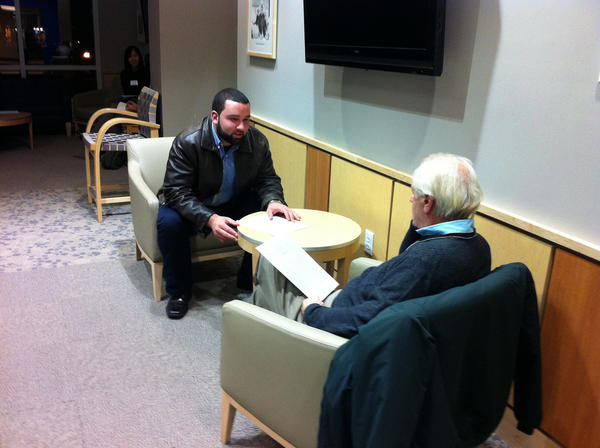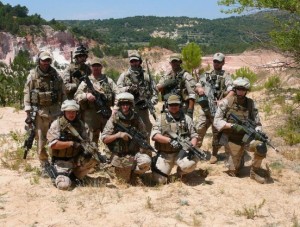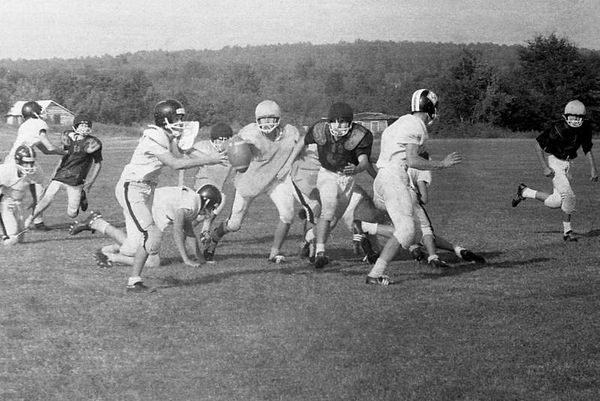 How-to books are full of advice on what makes a good mentor. But what makes a good mentee and what chemistry is needed to make the relationship work?
How-to books are full of advice on what makes a good mentor. But what makes a good mentee and what chemistry is needed to make the relationship work?
People being mentored should be open to feedback and be active listeners, according to a new research paper. They should also be respectful of their mentor’s time, including being on time and prepared for meetings.
And it helps to follow at least some of their advice.
“Successful mentorship is vital to career success and satisfaction for both mentors and mentees,” said Dr. Sharon Straus, a researcher at St. Michael’s Hospital and author of the paper published online in Academic Medicine.
Dr. Straus examined mentor-mentee relationships at two large academic health centers, the University of California, San Francisco, School of Medicine and the University of Toronto Faculty of Medicine, where she is director of the Division of Geriatric Medicine. She said
Click here to read the rest of the article »










